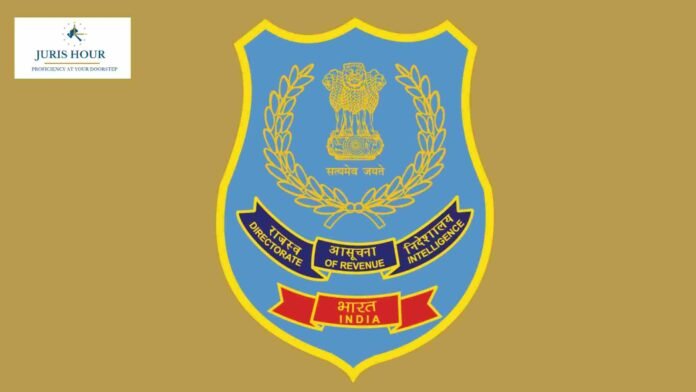The Directorate General of GST Intelligence (DGGI), Delhi Zonal Unit, has unearthed a sprawling network of fraudulent Input Tax Credit (ITC) operations involving 229 fictitious GST-registered firms, exposing one of the biggest fake invoice rackets discovered this year.
Based on specific and credible intelligence, DGGI teams carried out simultaneous search operations across multiple locations in Delhi, uncovering extensive evidence that revealed how a Delhi-based syndicate engineered a complex web of non-existent trading entities. These bogus firms were allegedly created for the sole purpose of issuing invoices without undertaking any genuine supply of goods or services, thereby enabling the wrongful availment and passing of ITC.
Massive Seizure of Devices and Documents
During the searches, officers seized a substantial collection of incriminating material, clearly indicating the scale and sophistication of the operation. Among the items recovered were 162 mobile phones, suspected to have been used to receive OTPs for GST portal and banking transactions; 44 digital signatures belonging to various dummy firms; More than 200 cheque books linked to shell companies; and Multiple ledgers, diaries, documents, and digital records showing layered money movement
Preliminary analysis suggests that the fake firms collectively facilitated fraudulent ITC to the tune of approximately ₹645 crore, causing significant revenue loss to the government.
Key Accused Arrested
The investigation has identified Mukesh Sharma as the alleged kingpin behind the elaborate scheme.
Sharma played a pivotal role in procuring and managing GST registrations of dummy firms, handling return filings and compliance documentation, operating bank accounts linked to bogus entities, and orchestrating circular trading and fund routing to disguise illicit transactions
Given the serious nature of the offences—classified as cognizable and non-bailable—DGGI arrested Sharma on 11 November 2025 under Sections 132(1)(b) and 132(1)(c) of the Central Goods and Services Tax (CGST) Act, 2017. He has since been remanded to judicial custody.
Possible Money-Laundering Links Emerge
Investigators have also uncovered leads suggesting that the proceeds of the fake ITC racket may have been laundered through an NGO and a political organisation, pointing toward a broader financial crime ecosystem. These findings raise questions about potential collusion, fund misuse, and larger criminal networks.
Further Investigation Underway
The DGGI continues to analyse recovered digital data, banking trails, and financial patterns to identify additional beneficiaries and accomplices. More arrests are likely as the probe expands into suspected money-laundering angles and the involvement of various intermediaries.
The case underscores the increasing sophistication of GST fraud networks and highlights the ongoing challenges faced by tax enforcement agencies in curbing fake invoicing and ITC misuse.

